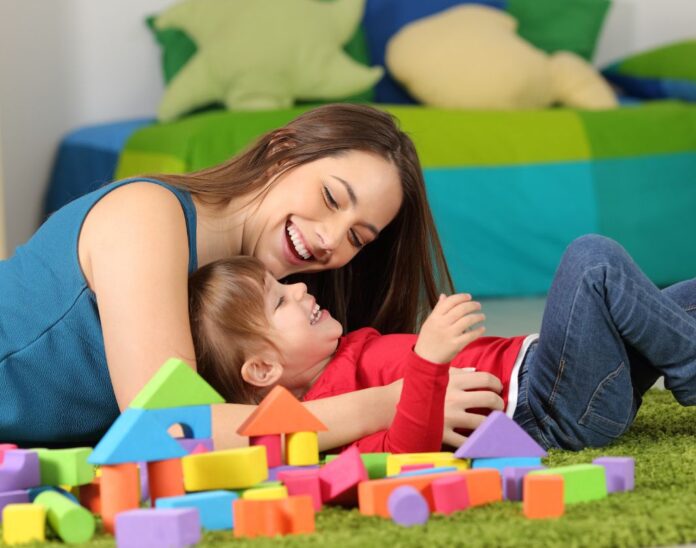In today’s society, many working mothers find themselves in a difficult position when it comes to balancing work and family life. The importance of quality childcare and early education has become more evident in recent years as research shows the benefits of these programs for kids.
According to a report from the National Institute of Early Education Research, children who attend high-quality early education programs are more likely to experience increased academic success, healthier, and more vital social and emotional skills. There are also many benefits of childcare and early education for kids; we will discuss them in detail.
What Is The Importance Of Early Childhood Education?
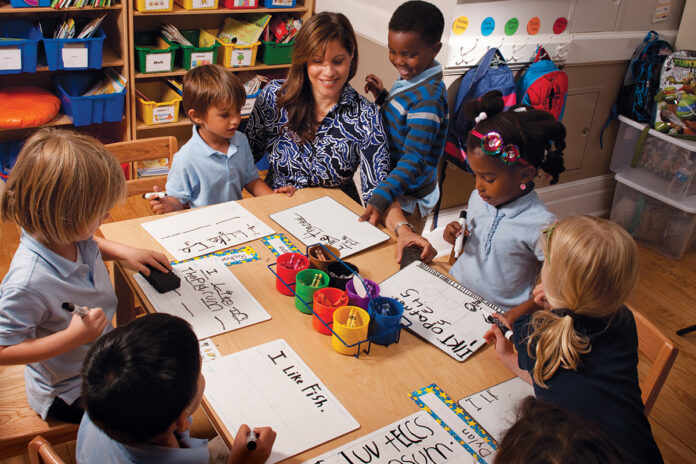
Early childhood education is the time between a child’s birth and their first day of kindergarten. Preschool is more than just learning skills and preparing for school. Preschool programs teach children how to communicate with their teachers, classmates, and parents. They discover their interests and can keep them interested for the rest of their lives.
The location and needs of your family will play a significant role in choosing the best preschool program for your child. If you lookout for an early education program for your child. Wee Watch is the perfect place to find a learning environment with friendly and qualified teachers.
Benefits of Childcare And Early Education For Kids
Giving children a strong foundation in their early years is one of the most important things parents can do for them. The ability to learn and grow is maximized during the early years, so kids must access quality childcare and education. There are many benefits to early childhood education. Here we have listed a few of them.
Socialization
Humans are social creatures, and socialization is a crucial concept in our early childhood. Children can meet people their age in a safe place away from family. This helps them to develop friendships and socialization. Eliminating their shyness helps your children to build self-confidence.
Collaboration
This preschool phase teaches children to cooperate, share, and take turns. All of these are part of a safe and happy social life. This is particularly beneficial for an alone child who may not be used to sharing things. The kid will be able to learn cooperation from professionals in a safe environment.
Holistic Development
It is essential to have a solid foundation in all aspects of your personality. Teachers who work with young children are trained to recognize the weaknesses in children and motivate them to develop their personalities. This is where peer interaction is crucial.
Enthusiasm For Lifelong Learning
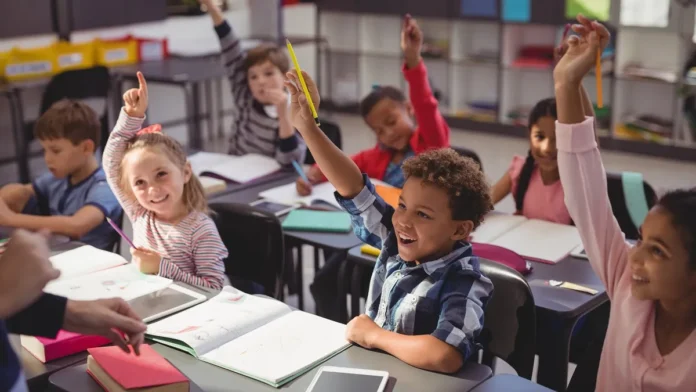
It has been found that early education can develop an enthusiasm for lifelong learning in children. Early education develops a love for learning. When children are allowed to learn through exploration and play, they are more likely to be enthusiastic about learning when they get older. They also tend to be more creative and innovative thinkers. Early childhood education allows children to learn at their own pace and explore their interests.
Teamwork
Early education helps children develop the skills they need to succeed in teamwork. When children participate in cooperative learning experiences at a young age, they can better create a sense of community and understand their role. They also learn to take turns, share, and communicate with others.
These skills are essential for working in a team environment. When children have a strong foundation in teamwork skills, they are better equipped to work together productively and efficiently. This can lead to better performance in the future.
Respect
Preschool helps children develop respect by teaching them the value of good manners, proper social etiquette, and how to interact with others. They also learn about the importance of not interrupting others, listening to what others have to say, and being polite.
Resilience
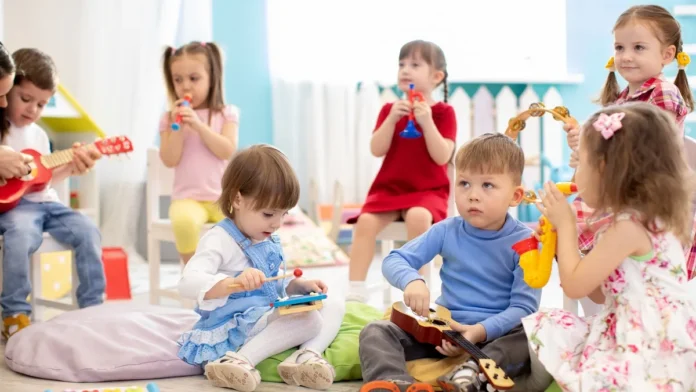
It is well known that early education helps develop various skills in children. However, what is not so well known is that one of the essential skills that early education helps develop is resilience. Resilience is the ability to keep going in the face of difficulties and setbacks. It is the ability to pick yourself up after a fall and keep moving forward. Resilience is essential for success in life. Many different things help to build resilience in children. Some of these include:
- Encouragement from caregivers and teachers
- A sense of control over one’s life
- Problem-solving skills
- The ability to cope with stress and adversity
- Social support networks
Concentration
One of the most important skills children learn in their early education is concentration. It is critical for their success in school and beyond. Attention enables children to focus on one task at a time and complete it successfully. Childcare provides a structured learning environment. In a structured learning environment, children know what is expected of them and what will happen next. They are not constantly jumping from one task to another, which can not be distracting and helps the children to focus on one activity at a time.
Brain Development
The human brain is the most complex organ in the body. It is still somewhat of a mystery how it develops and grows. However, researchers have learned a great deal about brain development from studying children who have received early education.
There are three essential things that early education does for the brain: it stimulates growth, teaches new skills, and it builds relationships. Stimulating growth is necessary for the brain to develop its full potential. New skills must be learned for the brain to create connections between different parts of itself. And relationships are necessary for the brain to develop social and emotional skills.
Self Esteem And Confidence
Self-esteem and confidence are two essential traits that a person can possess. They can help you to achieve anything that you set your mind to. Unfortunately, not everyone is born with high levels of self-esteem or confidence. This is where early education comes into play.
There are several different things that early education can do to help boost a child’s self-esteem and confidence. One of the most important things is to provide children with various activities and opportunities. This will help them find out what they are good at, and it will also give them identify their potential and help them choose the right career path in the future.
Patience
Patience is a virtue that can be developed at an early age. One way that this can be done is by providing children with opportunities to practice patience. This can be done through different activities in early education, such as puzzles, games, or tasks that require focus and concentration.
Bottomline
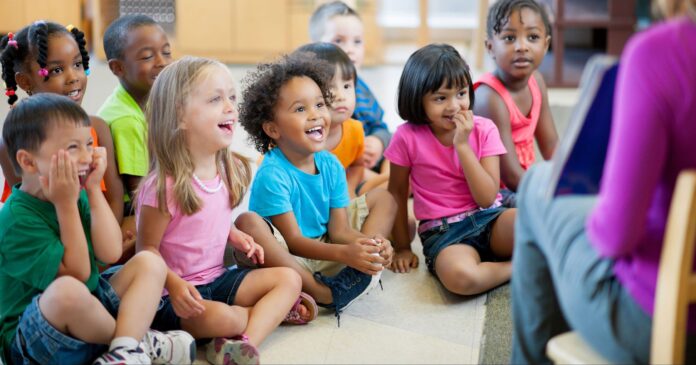
This article discusses the importance of childcare and early education for kids. These early years are critical for cognitive and social-emotional development. Children who attend childcare and early education programs often have an advantage in academic achievement and social-emotional well-being.
